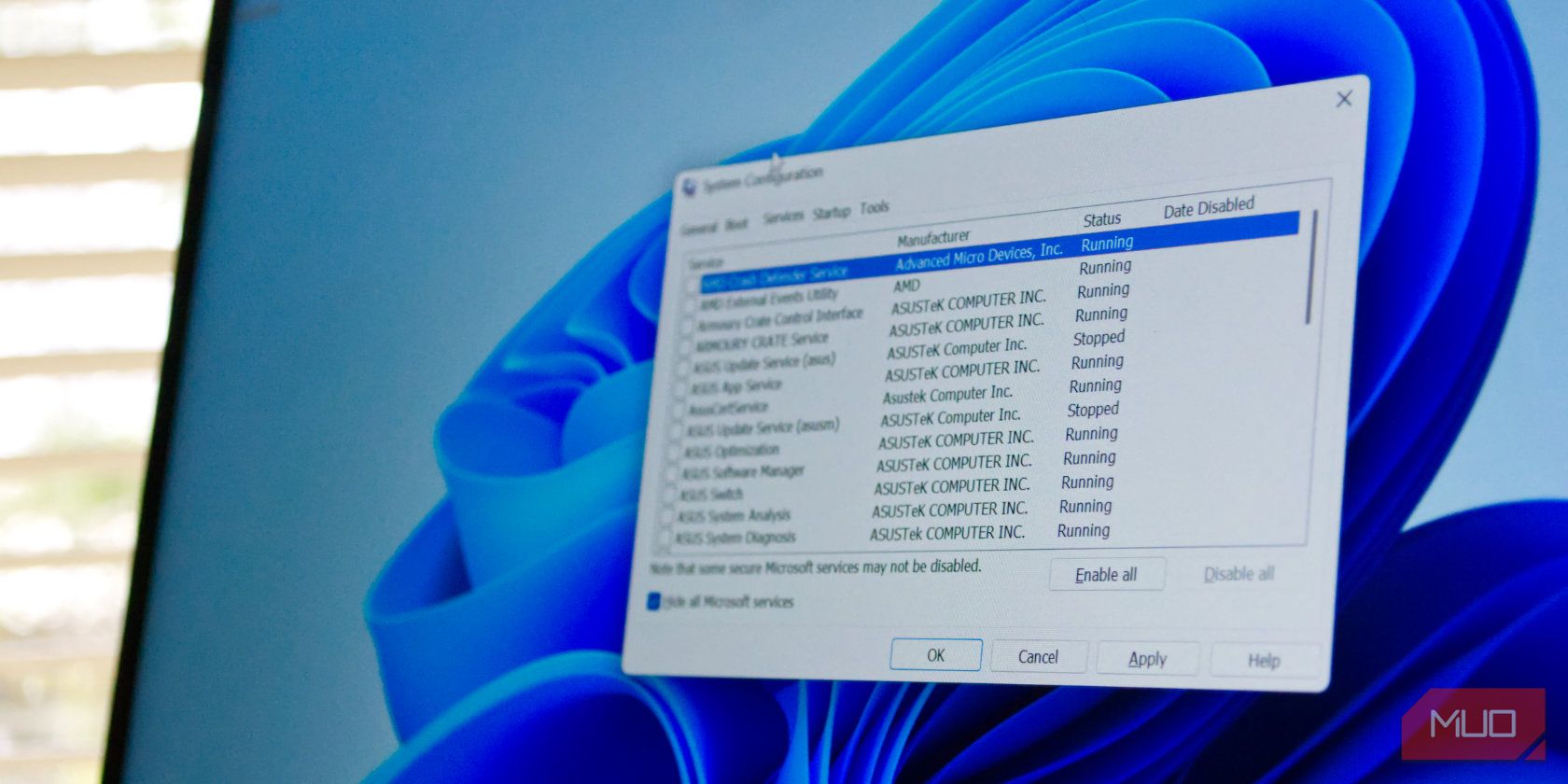
Learn Arabic Anywhere, Anytime: 6 Motivating Factors for Mondly Enrollment

Learn Arabic Anywhere, Anytime: 6 Motivating Factors for Mondly Enrollment
Learning foreign languages is an exciting and worthwhile endeavor. There are few qualities as impressive as being multilingual. From making a positive impact during a job interview to showing off in front of a date, you’ll be a stronger and more confident person after learning a new language.
If you have an interest in learning Arabic , you’re not alone. It’s the fifth most commonly spoken language on Earth. It’s estimated that around 250 million people are native speakers, and 420 million are fluent in the language. Aside from the obvious benefit of being able to converse with millions more people than you would have otherwise, there are some interesting aspects of the Arabic language that would make it an ideal skill to add to your repertoire.
Learn a Language Today: The Many Benefits of Learning Arabic
1. Your Skills will be Useful in Over 20 Countries
We’ve already discussed that millions of people around the globe speak Arabic, but did you know that those people reside in over 20 different countries? Developing the ability to hold conversations in Arabic will open up a variety of options for traveling and working in various locations. This could potentially lead to more opportunities for your career as well.
2. People in Many Arabic-speaking Countries Tend to be Friendly
One aspect of learning a language is being able to practice that language with native speakers. While nice people can be found anywhere, certain cultures are somewhat less welcoming to outsiders. If you plan on working or traveling in Arabic-speaking countries such as Egypt, you’ll be glad to learn that the culture tends to lean toward the friendly side. Many Arabic speakers love holding conversations with English speakers and will be more than happy to help you practice your skills.
3. You’ll Be Standing Out from the Crowd
While millions of people do speak Arabic, it’s not very common to study it as an English speaker. Arabic speakers are needed to bridge gaps in communication between English and Arabic countries, and many government agencies, private businesses, and nonprofit organizations are requesting more applicants who can speak the language. Yet, less than 1 percent of college students in the United States end up studying Arabic. This means that even developing moderate Arabic skills will place you ahead of the competition in a variety of industries.

4. There are Multiple Interesting Dialects to Choose From
There are dozens of dialects in the Arabic language. Modern Standard Arabic, which is usually what’s taught in schools and featured in the media, isn’t a native tongue. It’s fine to learn if you’re simply looking to get a basic grasp of the language, but if you know for sure that you’ll be living, studying or working in a certain country, then it’s a smart idea to research the local dialect. Once you discover the most commonly spoken dialect in your area, you can get right on the path to learning everything you need to know.
5. You’ll Be Able to Encourage a Healthy Understanding of Arab Culture
Unfortunately, there are many tensions and misunderstandings surrounding the Arabic cultures in modern society. According to data from a 2017 poll by the Arab American Institute, a startling 32 percent of Americans have negative views of Arabic people. These opinions are shared by some people from other countries around the world as well.
As an English speaker learning Arabic, you will be bridging an important gap between two cultures. Aside from studying the language itself, you’ll naturally be exposed to deeper aspects of the culture, and that understanding will assist you in explaining the culture to others, especially those who might be misinformed about its various aspects.
6. Arabic is an Easy Language to Learn
Don’t be scared off by how exotic it seems. Compared to the English language, Arabic is much more logical and easy to understand. What’s easy to one might prove to be difficult to another, and learning any new language can be a challenge. That said, some languages are more complicated than others, and Arabic is one of the easier choices for a native English speaker.
Most of the vocabulary is derived from root and stem consonants that aren’t difficult to memorize, and there’s no need to worry about noun cases in most of the local dialects. If you want to learn to write in Arabic, that will naturally take more time, but when it comes to speaking, you should be able to start developing a basic understanding within a short time of dedicated practice.
The Mental Benefits of Language Learning: Feed Your Brain
You can now see that learning Arabic has many exciting benefits. Did you know that it can also improve your cognitive abilities?
If you already need to learn Arabic for career or personal reasons, you’ll be happy to learn the other benefits that come with it. Research has shown that learning a second language can increase intelligence. Much like the muscles of the body, the brain works when we work it. Therefore, studying languages can increase attention span, focus and problem-solving skills, all of which will also benefit your career and overall life experience.
Another interesting aspect of how learning foreign languages can benefit us is in the area of Alzheimer’s research. Studies have found that people who are bilingual delay the onset of Alzheimer’s by over four years. This suggests that language learning could have serious protective effects on the brain.
If you’re ready to begin learning Arabic , don’t wait another minute to get started. Language learning is one of the most exciting educational paths to take, and it can expand your world beyond imagination.
- Title: Learn Arabic Anywhere, Anytime: 6 Motivating Factors for Mondly Enrollment
- Author: Christopher
- Created at : 2024-07-12 07:55:18
- Updated at : 2024-07-13 07:55:18
- Link: https://mondly-stories.techidaily.com/learn-arabic-anywhere-anytime-6-motivating-factors-for-mondly-enrollment/
- License: This work is licensed under CC BY-NC-SA 4.0.